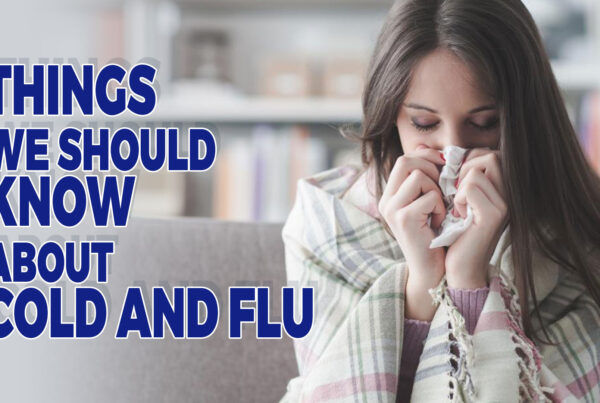Sore throats and mouth sores are common conditions that most people experience. Saltwater gargles can be a cheap, safe, and effective way to ease pain and relieve symptoms from conditions that affect the mouth and throat.
They’re most often used for sore throats, viral respiratory infections like colds, or sinus. They can also help with allergies or other mild issues. Saltwater gargles may be effective for both relieving infections and preventing them from getting worse, as well.
Saltwater
Making a saltwater gargle is quite easy. It requires only two ingredients — water and salt. It takes very little time to make and apply, and it’s completely safe for children over 6 years old to use (and for anyone who can gargle easily).
Since it’s also a fairly natural, affordable, and convenient remedy, it’s considered a standard go-to home treatment for some ailments.
Saltwater gargles can be effective for treating mild pain, discomfort, and tickles in the mouth and throat.
Canker sores are painful ulcers that can develop in the mouth. Gargling with salt water may help ease pain and promote healing of the sores.
Some allergies, such as hay fever, can cause a person’s nasal passages and throat to swell, which can be uncomfortable. Though gargling with salt water will not prevent the allergy, it may help alleviate some of the throat discomfort.
Upper respiratory infections are typical and include common colds, the flu, mononucleosis, and sinus infections. Some research suggests that gargling with salt water can alleviate symptoms and even help prevent upper respiratory infections.
Seasonal influenza is an acute respiratory infection caused by influenza viruses which circulate in all parts of the world. It represents a year-round disease burden. It causes illnesses that range in severity and sometimes lead to hospitalization and death.
Most people recover from fever and other symptoms within a week without requiring medical attention. However, influenza can cause severe illness or death, particularly among high risk groups including the very young, the elderly, pregnant women, health workers and those with serious medical conditions.
In temperate climates, seasonal epidemics occur mainly during winter, while in tropical regions, influenza may occur throughout the year, causing outbreaks more irregularly.
The common cold is a viral infection of your nose and throat (upper respiratory tract). It’s usually harmless, although it might not feel that way. Many types of viruses can cause a common cold.
Healthy adults can expect to have two or three colds each year. Infants and young children may have even more frequent colds.
Most people recover from a common cold in a week or 10 days. Symptoms might last longer in people who smoke. Generally, you don’t need medical attention for a common cold. However, if symptoms don’t improve or if they get worse, see your doctor.
Symptoms
Symptoms of a common cold usually appear one to three days after exposure to a cold-causing virus. Signs and symptoms, which can vary from person to person, might include:
- Runny or stuffy nose
- Sore throat
- Cough
- Congestion
- Slight body aches or a mild headache
- Sneezing
- Low-grade fever
- Generally feeling unwell
The discharge from your nose may start out clear and become thicker and yellow or green as a common cold runs its course. This doesn’t usually mean you have a bacterial infection.
When to see a doctor
For adults — generally, you don’t need medical attention for a common cold. However, seek medical attention if you have:
- Symptoms that worsen or fail to improve
- Fever greater than 101.3 F (38.5 C) lasting more than three days
- Fever returning after a fever-free period
- Shortness of breath
- Wheezing
- Severe sore throat, headache or sinus pain
For children — in general, your child doesn’t need to see his or her doctor for a common cold. But seek medical attention right away if your child has any of the following:
- Fever of 100.4 F (38 C) in newborns up to 12 weeks
- Rising fever or fever lasting more than two days in a child of any age
- Severe symptoms, such as headache, throat pain or cough
- Difficulty breathing or wheezing
- Ear pain
- Extreme fussiness
- Unusual drowsiness
- Lack of appetite
So saltwater inhalation is highly advisable. Saltwater inhalation can cure it.
Reference:




